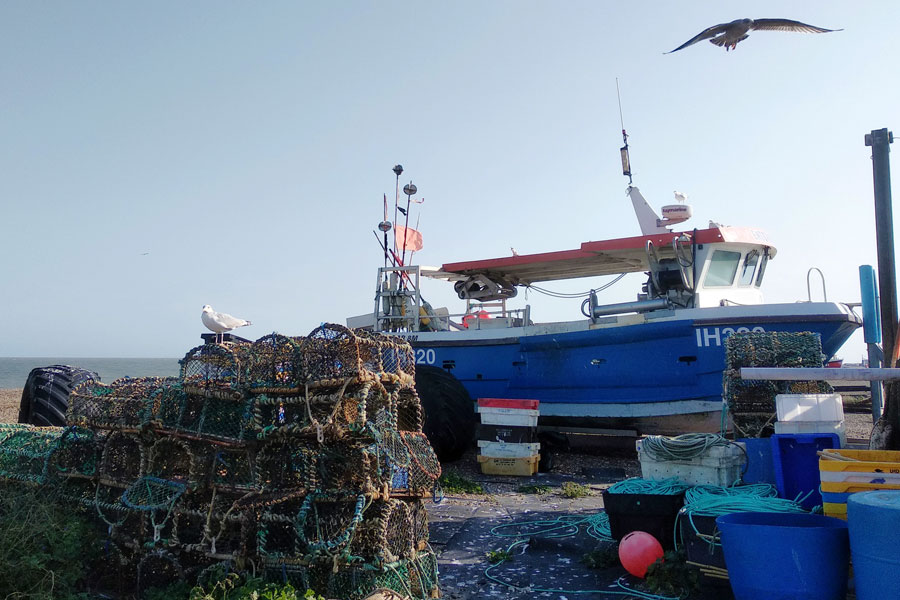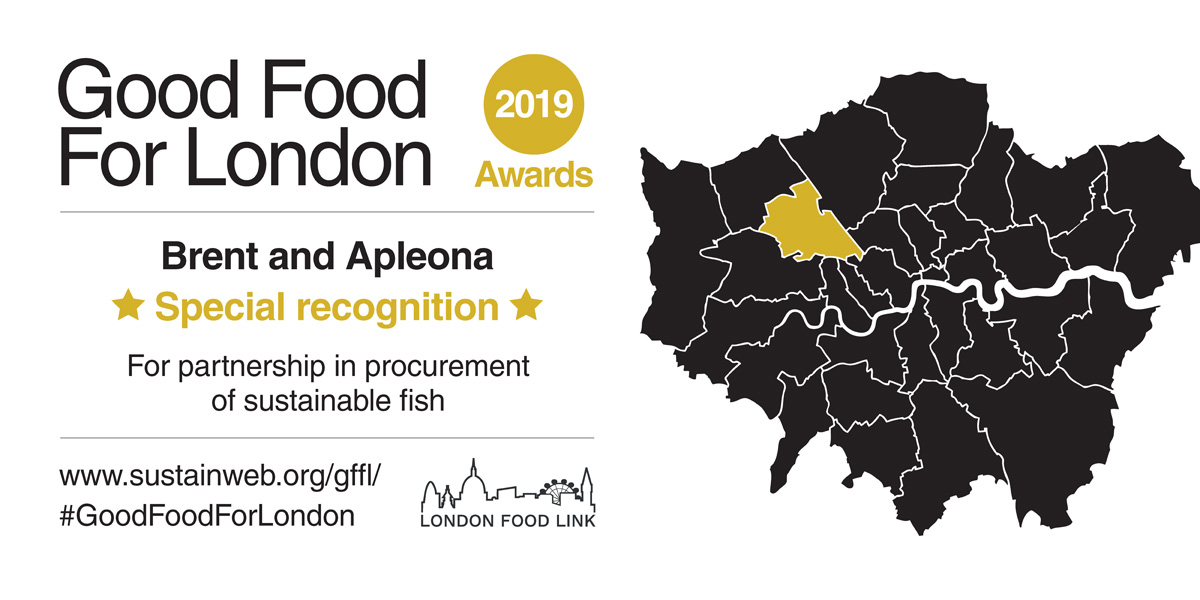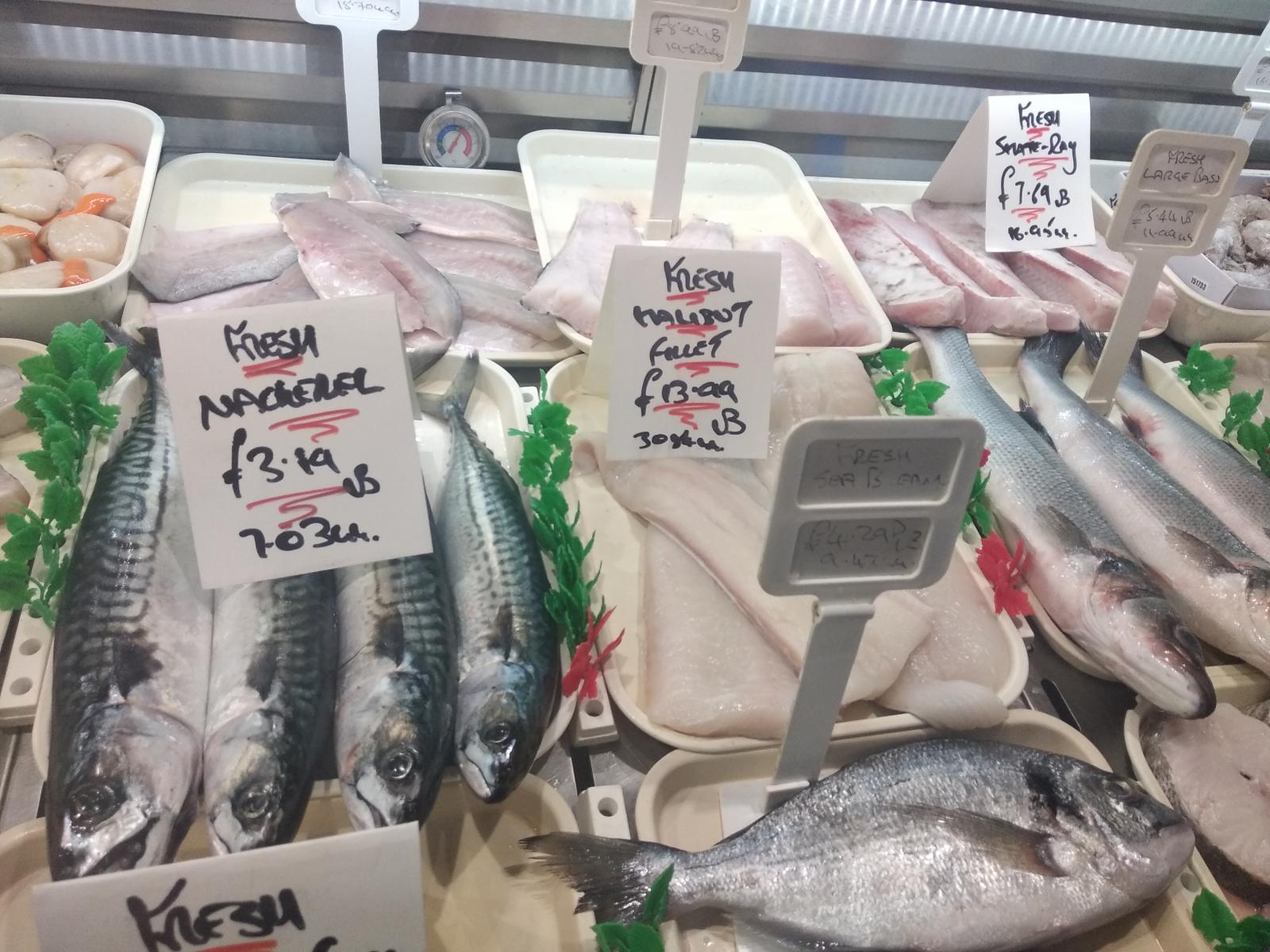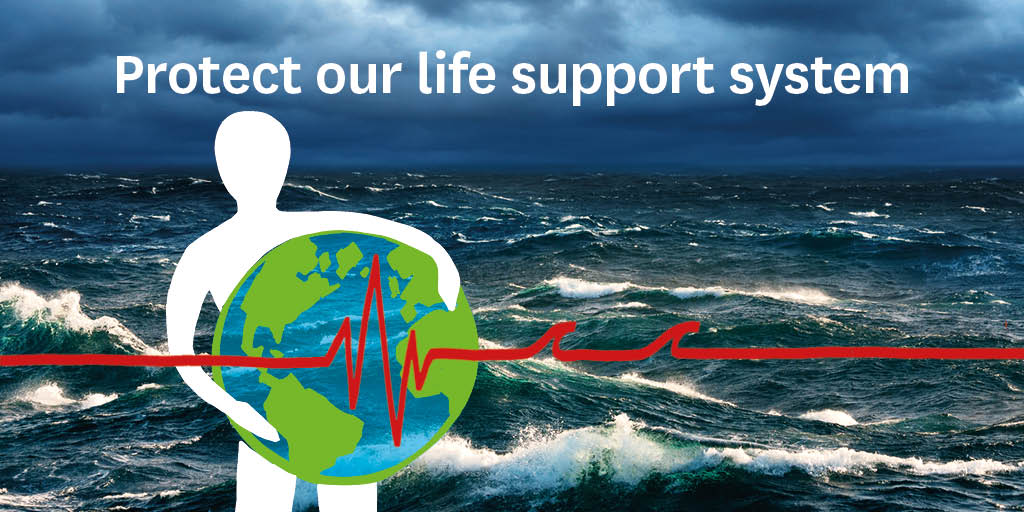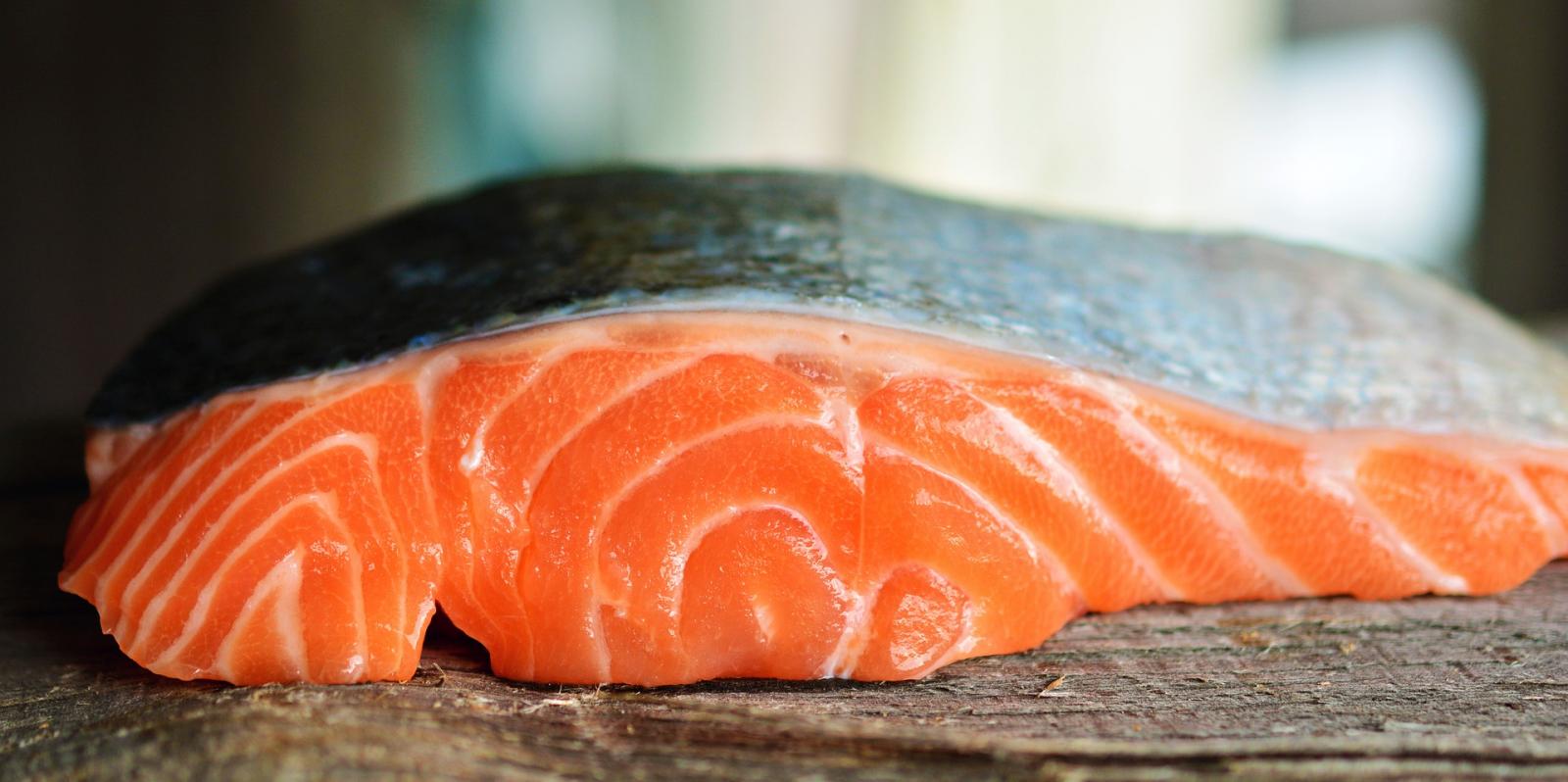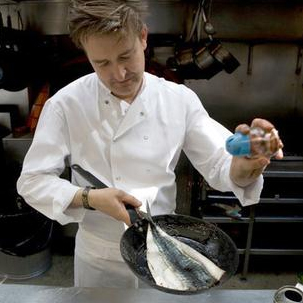Rio 2016 Olympics adopts sustainable fish policy
The organisers of the Rio 2016 Olympic and Paralympic Games have signed an agreement to serve only sustainably produced fish at the Games. With more than 14 million meals to be produced, only certified seafood will be served to athletes, officials, media and at on-site restaurants.
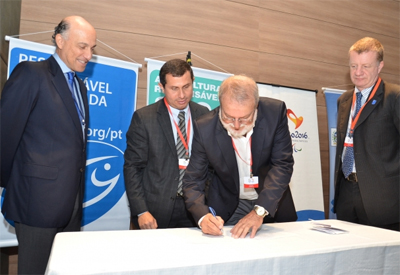
Memorandums of Understanding (MOUs) were signed by Rio 2016 CEO Sidney Levy (left) (Photo: Luiz Barros/Fiperj).
The Rio 2016 Organising Committee for the Olympic and Paralympic Games today announced a comprehensive agreement to serve Marine Stewardship Council (MSC) and Aquaculture Stewardship Council (ASC) certified seafood at the 2016 Rio Games.
This landmark announcement means that all of the seafood served to the athletes, officials, media and at the on-site restaurants will be certified as sustainably wild caught (Marine Stewardship Council - MSC) and responsibly farmed (Aquaculture Stewarship Council - ASC). With more than 14 million meals served during the Olympic and Paralympic Games, the catering service represents a huge challenge for every host city and is described as the largest peacetime catering operation in the world.
Julie Duffus, Sustainability Manager for the Rio 2016 Organising Committee, said: “We are looking forward to working in partnership with MSC and ASC to support the respected work that they have done, and continue to do, with the fisheries and fish farms of Brazil. This will ensure that our catering not only improves the local food industry but improves it to a standard that will leave a lasting, positive legacy post Games for Rio de Janeiro and Brazil.”
The Rio de Janeiro state department of Regional Development, Supply and Fisheries is joining in this effort and will sign a joint MOU with all three parties. The state is currently promoting the certification of its small scale aquaculture farms and artisanal fisheries in key regions throughout the state with the ASC and MSC labels.
The Secretary of State, Felipe Peixoto, said the certification process is not well known among artisanal fishermen and small-scale aquaculture farmers in the State of Rio de Janeiro. “We see the Olympics as an excellent opportunity to give visibility to the project, highlighting its importance and generating interest among fishermen and aquaculture farmers to seek more sustainable practices. It is our hope that this project in the State of Rio will serve as a pilot project showing how artisanal fisheries and small scale producers can obtain these important certifications.”
Rupert Howes, Chief Executive of the Marine Stewardship Council, expressed the MSC’s gratitude and excitement about the agreement with Rio 2016. “The MSC is honoured to be working with the Rio 2016 Olympic and Paralympic Games. This partnership provides a great opportunity to promote and reward sustainable fisheries in Brazil. We will be working closely over the coming years with the state of Rio to encourage local fisheries into the third party assessment process and hope that fish and seafood caught from these and other fisheries that have met MSC's standard for environmentally responsible and sustainable fishing will be available for the 14 million meals that will be served during the Games.”
The announcement underscores the strength of the ASC in helping the aquaculture sector become environmentally sustainable and socially responsible. Chris Ninnes, Chief Executive of the Aquaculture Stewardship Council, said: “I look forward to seeing many small scale farms across the state of Rio recognised for their good management. The collective action of the farms that enter the ASC programme will undoubtedly have a positive effect for the future of aquaculture in the region as it moves towards environmental sustainability – this is an important legacy and I hope other states follow the example of Rio.”
The Memorandums of Understanding (MOU) reflect the Rio 2016 Organising Committee’s commitment to plan and stage the Games in such a way as to minimise adverse effects and maximise benefits to the environment, promote sustainable development and raise public awareness and action regarding environmental protection.
"This is a fantastic example of sustainability legacy from the London 2012 Olympic and Paralympic Games. With the help of Sustainable Fish City partners, London 2012 adopted the first sustainable fish policy for wild-caught fish for a major international sporting event, setting the pace that others are now following. It's great to see Rio 2016 going a step further by specifying that not only wild-caught fish but also farmed fish must be verifiably sustainable. Rio 2016 is taking a leadership position, showing the world how important it is for everyone that buys food and catering services to play their part in securing healthy and verifiably sustainable fish stocks for future generations to enjoy."
Ruth Westcott, Coordinator of Sustainable Fish City. Read more about our work on the London 2012 Olympic and Paralympic sustainable fish policy.
Published Thursday 5 December 2013
Sustainable Fish: A campaign to protect precious marine environments and fishing livelihoods, and call for fish to be bought from sustainable sources. We want to show what can be done if people and organisations make a concerted effort to change their buying habits.
